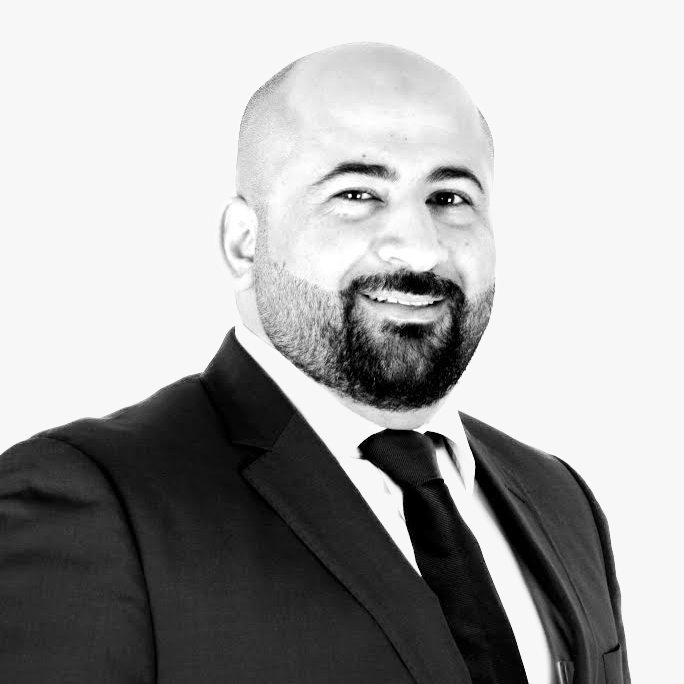These are exciting times for the technology industry in Middle East, North Africa & Turkey (MENAT) region. Innovation abounds, cloud, mobility, Big Data and social media are all central to businesses’ strategic planning, and Internet of Things (IoT) is pivotal to digital transformation initiatives being enacted by governments throughout the region. And one area where IoT is really powering ahead and driving substantive change is healthcare.
End-user habits driving change in thinking
One area where IoT technology has become increasingly prevalent is personal fitness and wellbeing devices. Throughout the world and across the MENAT region where I live and work, more and more people are utilizing wearable connected devices like Fitbit to monitor and evaluate personal information and use it to improve their health. In the first quarter of 2016 IDC reported a huge jump in shipments of wearables versus Q1 2015, an increase of 67.2 per cent, illustrating the rapid rise in demand for personal fitness and health enhancing IoT-enabled devices.
Healthcare now addressing different perspectives
In MENAT the trend has had a complementary effect on the healthcare industry. As more people get used to the idea of monitoring their own personal health, so technology providers are seeing the market shift. Digital transformation is impacting the healthcare sector in a big way.
The United Arab Emirates (UAE) is currently positioning Dubai as a healthcare tourism destination, offering an end-to-end service that covers treatment itself, travel options including flights and hotel stay and more, even extending to post-treatment recuperation. The goal is to create a complete holistic medical journey for people, with the main focus on delivering a great patient experience. With that in mind, the Dubai Healthcare Authority (DHA) has created the Dubai Health Experience (DXH) as a prestigious brand to digitally promote and position of Dubai as the world’s leading medical tourism destination.
The Kingdom of Saudi Arabia has also implemented a forward-looking “Vision 2030” plan, designed to deliver economic prosperity via strategic objectives, targets, outcome-oriented indicators and commitments in the public, private and non-profit sectors. Healthcare is central to this too, with the National Transformation Program 2020 targeting an increase in private sector involvement from 25 per cent to 35 per cent over the next five years. The Saudi Arabia healthcare market is forecast to be worth $27 billion by 2020, driven by digital healthcare innovations and the Vision 2030 plan.
Different approaches, different solutions
With that in mind, technology providers have to take a different approach to healthcare provision. At Orange we understand the change in healthcare focus requires us to think in both business-to-consumer (B2C) and business-to-business (B2B) ways; as such we work with government bodies and healthcare providers to understand the services required and deliver them. At the same time Orange has also worked with pharmaceutical and medical insurance companies to identify the needs of patients and the end of the chain and develop solutions that meet their needs too.
There are many example use cases in the pipeline. The holistic patient journey powered by IoT solutions can begin with something as simple as a QR code being delivered to a patient’s mobile device or using built-in NFC technology in their devices. They then attend the respective hospital, use their device to establish their access control for the hospital and be guided where they need to go using a wayfinding solution delivered via dedicated kiosks or mobile application to shorten their waiting time and deliver a great patient experience. The synergy of IoT and healthcare is based around this core integration of clinical and non-clinical data gathering and utilization.
Another example is using IoT solution for remote patient monitoring. Sorin Group, a global medical device company and a leader in the treatment of cardiovascular diseases, and Orange Business launched SMARTVIEW™, a remote monitoring solution for patients with implanted cardiac rhythm management (CRM) devices in several countries in Europe.
Using SMARTVIEW, healthcare providers can access valuable cardiac data and alert messages from Sorin’s implantable PARADYMTM RF devices, while patients are at home. Combined with remote data transmission, the intelligent proprietary features embedded in Sorin’s CRM devices offer advanced diagnostic capabilities and early detection of cardiac disease progression for enhanced patient management. For patients, the SMARTVIEW remote monitoring solution can reduce time spent travelling to their clinic for routine device checks.
An overall view
And this is key. From an IoT-enabled healthcare systems perspective, it is about gathering the data, analyzing it, and then leveraging it to automate processes in the hospital, improving overall treatment and care for patients. This is the seamless, integrated experience. The demand is clear; one research report estimated that the healthcare industry in the Middle East and North Africa (MENA) region will be worth $144 billion by 2020, demonstrating the investment being made in the future of healthcare.
IoT will create and make available a vast amount of health-relevant data throughout MENAT, data that will help healthcare organizations make more informed decisions, and exciting new solutions and applications are being developed all the time that can help deliver next level care to patients in more flexible, convenient ways. IoT technologies are driving that innovation and placing people at the center of digital healthcare transformation.
To read more about how Orange is transforming healthcare using the latest IoT technologies, please visit: http://healthcare.orange.com/en/Home
